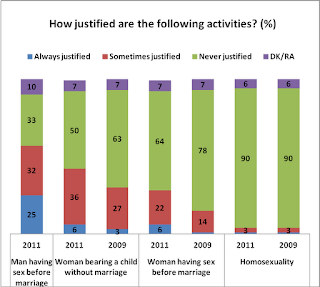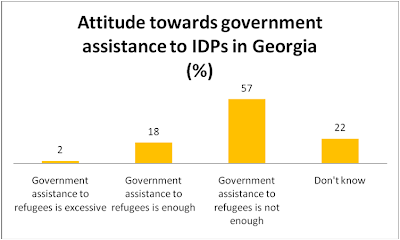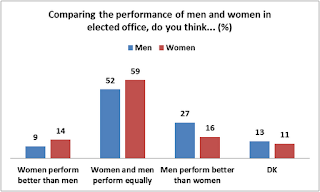Gender Attitudes in Azerbaijan
In February 2012, CRRC conducted a survey entitled “Social Capital, Media and Gender in Azerbaijan”, which was funded by the Swedish International Development Cooperation Agency (SIDA). People were asked about gender roles, division of labor and…
In February 2012, CRRC conducted a survey entitled “Social Capital, Media and Gender in Azerbaijan”, which was funded by the Swedish International Development Cooperation Agency (SIDA). People were asked about gender roles, division of labor and…






